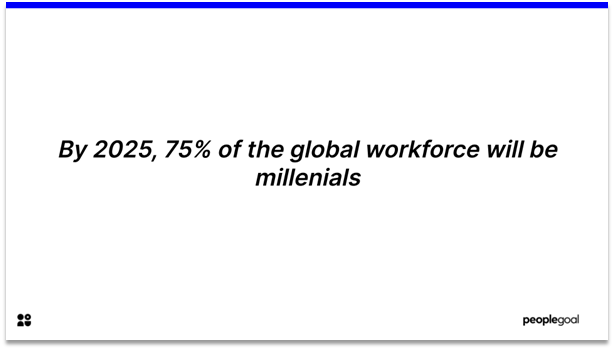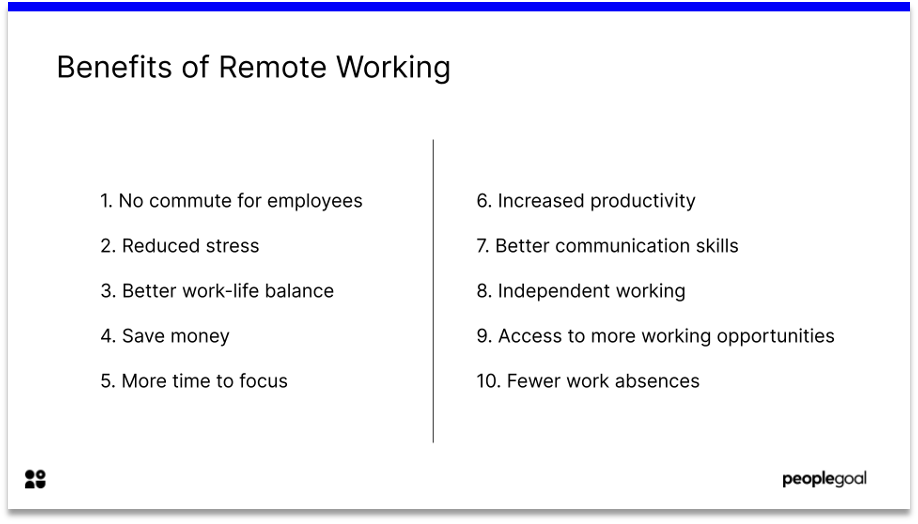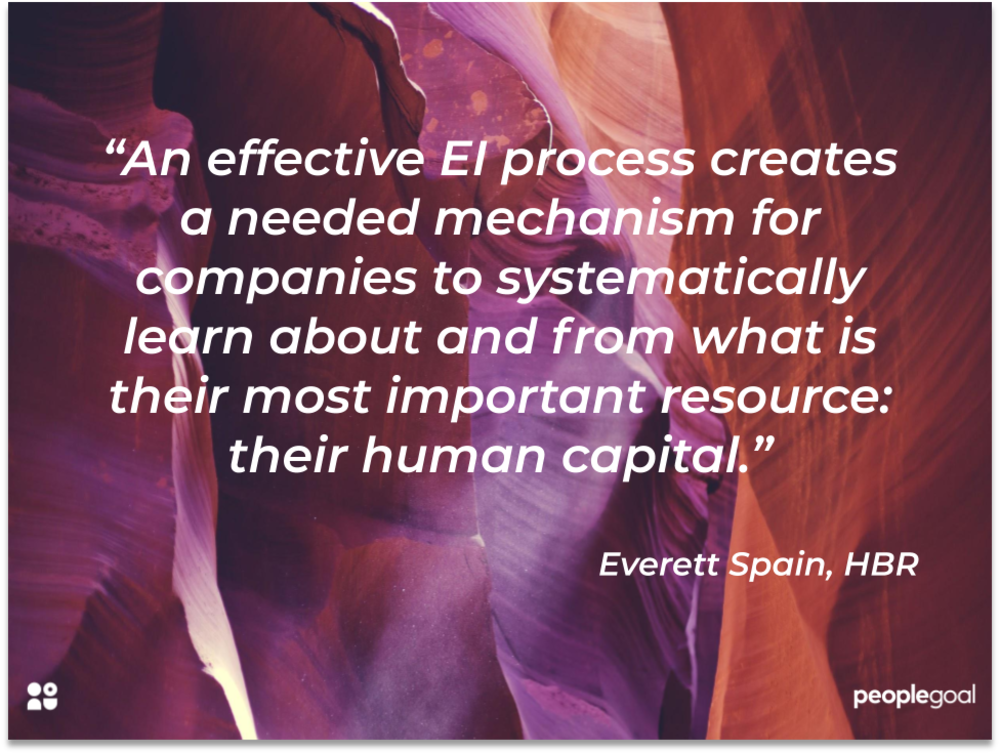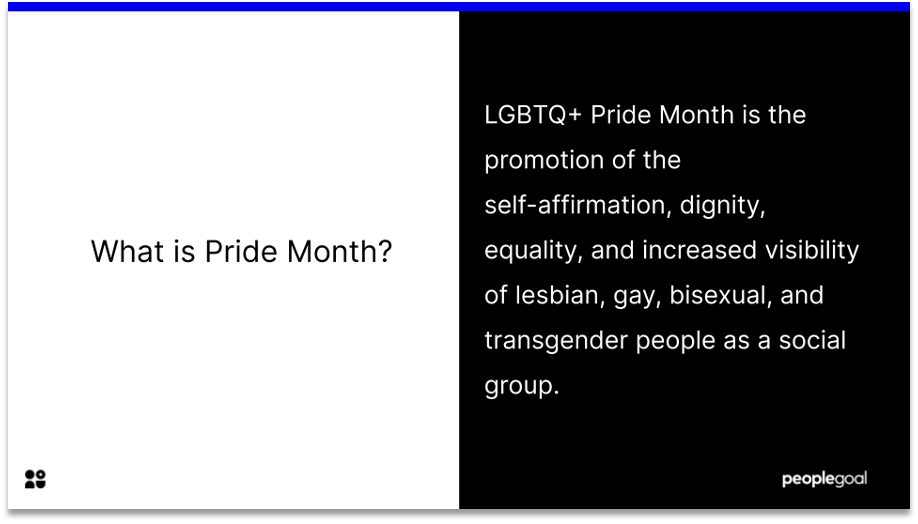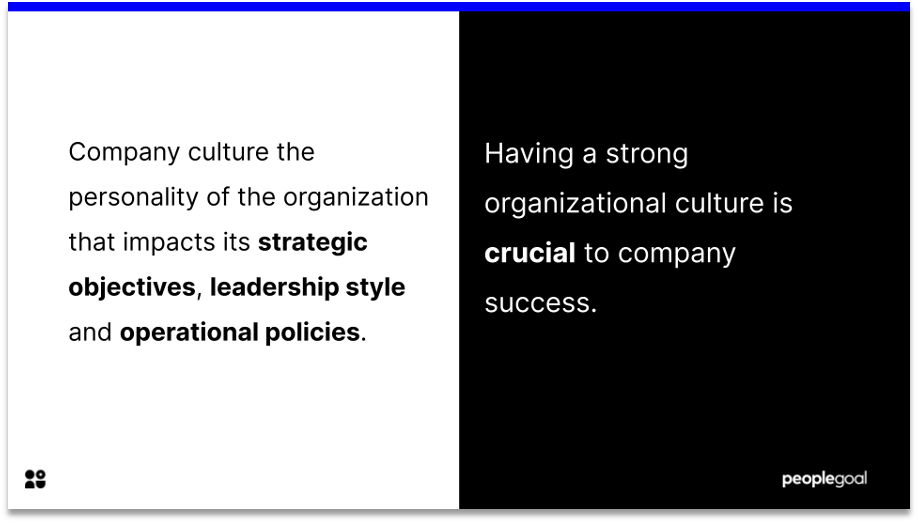Next Gen workers are the future, and understanding them is key to building a sustainable workplace. But it’s easy to make generalizations about ‘Gen Z’ which are, in reality, difficult to justify.
However, it’s important to understand the motivations of this generation and how their experiences have shaped their attitudes to the world of work.
Gen Z are coming of age in tumultuous times. Many Next Gen workers remember the impact of the Great Recession on their parents. They are entering a precarious and anxiety-inducing job market in light of the pandemic. How might this impact on their career choices and their contributions to company cultures?
They are also the first generation to have used social media, cellphones and the internet since childhood. We’ll explore the skills and outlook that define Next Gen workers and what HR can do to improve the engagement of this group.

1) Critical thinker
Before the pandemic, Gen Z were predicted to be the most educated generation yet. About 4 in 10 millennials have a Bachelor’s degree or higher, and Gen Z look set to top this.
While formal qualifications do not guarantee a ‘critical thinker’, universities challenge students to think critically about sources of information.
Commentators warn that Gen Z lack the critical thinking skills of previous generations. The news and media they consume is mostly online, rather than traditional media. The argument goes that they are therefore likely to fall prey to misinformation.
In reality, there is little to no evidence for this. People over 65 are four times more likely to share fake news on Facebook, according to the journal Science.
Gen Z were the first generation to grow up with social media and the internet. Arguably, this has improved their critical thinking skills. They are used to sifting through endless streams of information, on social media or search engines, to locate the most relevant details.
Gen Z have also committed themselves into serious and complex debates early on in life. For example, Greta Thunberg’s Strike for Climate movement was driven by school children. Social media has allowed Gen Z to have their voice heard at a young age.
This challenges them to think critically as their arguments are exposed to scrutiny.
2) Pragmatic
Gen Z employees grew up in eventful times. The recession impacted on perceptions of job security. The pandemic’s blow to the labor market altered young people’s perception about their expectations of employment.
Dan Schwabel writes that ‘They (Gen Z) realize that they need to get a job and advance by learning as much as possible, and they’re cognizant that “learning” sometimes doesn’t come with a bigger paycheck.’
Next Gen employees are pragmatic – they want to build their skills to improve their employability. They will not judge roles purely based on salary, but also on the upskilling opportunities available.
HR may want to create a learning and development strategy tailored towards younger or new employees.
What are some valuable skills they require at the beginning of their career path? Discuss with Next Gen workers in one-on-ones to get a glimpse into the values that drive them.

3) Responsible
All generations find responsibility important- but Gen Z’s approach is somewhat different. They are more likely to judge a company on its record on social responsibility, for example.
They may feel more engaged when there are opportunities to create a positive impact.
They are also likely to appreciate leaders who take responsibility for their actions, and who make themselves accountable.
Work environment is key to this. Build community at work in which accountability and responsibility are concerns for all. Gen Zs are most comfortable when they feel they have a voice in proceedings, whether through Q&As, one-on-ones or employee resource groups.
4. Self-reliant
Gen Z take ownership over their tasks. They often work independently and feel inspired producing work that is personal to them. EY says 15% of Gen Z are the ‘secluded perfectionist’ type. This group inject some of their unique personality into all their endeavours.
Rather than a large pay-check, they are motivated by a genuine interest and desire to succeed.
How can you give your more independent employees the space to thrive? Some have found the remote-work world beneficial for independent thinking. Consider offering flexible working options to improve the morale of your younger employees.
Gen Z are the next generation of leaders. A recent study found that Gen Zs were more likely than Gen Y (17% to 11%) to want to start their own business. The entrepreneurial spirit is alive and well with this age group.
You might consider how Next Gen workers can improve their leadership skills at work. Give them free reign on a project, with oversight. Ask them to collaborate with other teams, organizing meetings and strategy.

5) Digital native
Next Gen workers have used the internet and cellphones since childhood. They may have fared better with the move to remote work than other age groups as they are accustomed to online social interaction.
They are used to instant communication with friends and family. Communication channels such as Slack work well as they adopt a format that Gen Z workers are familiar with.
The slow process of emailing can leave younger workers frustrated – and emails reduce possibilities for collaboration, in contrast to tools such as Google Docs.
Make sure you have the collaboration tools and HR tech to help your employees succeed. Next Gen workers engage well with surveys that invite them to provide their thoughts on issues such as wellbeing or diversity and inclusion.
However, do not assume that Next Gen workers only want to communicate with you virtually. According to a study by XYZ University, the majority of Gen Zs prefer face to face communication.
By contrast, 48% of Gen Z say social media makes them feel anxious, sad or depressed. Social media has dominated young people’s everyday life – and they are all too conscious of its downsides.
Try to strike a balance between face-to-face (or video call) and other forms of communication. Next Gen workers also need companies to build supportive communities.

Supporting your Next Gen employees
HR should take a step back and consider how it can incorporate these key attributes into their next learning and development initiatives. A great L&D programme keeps Next Gen employees engaged, whilst ensuring a smooth skill-set transition.
Want to learn more about how younger generations are driving changes in HR? Why not read our blogpost on Gen Z vs Millennials?
Ready to 3x Your Teams' Performance?
Use the best performance management software to align goals, track progress, and boost employee engagement.

